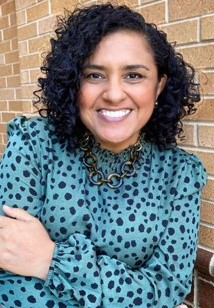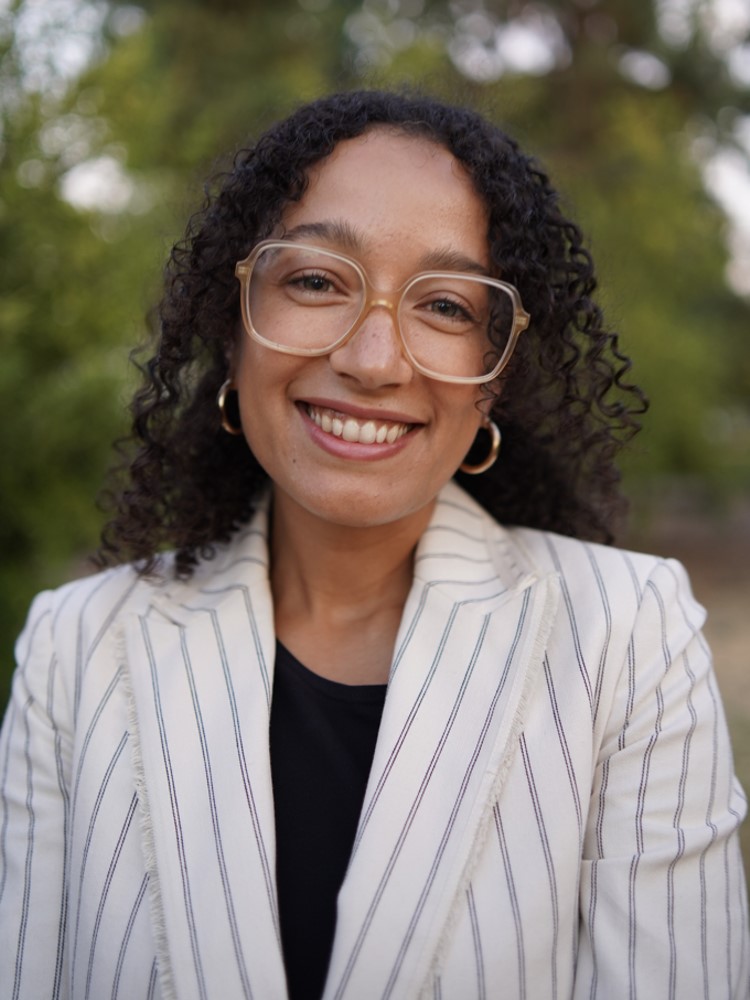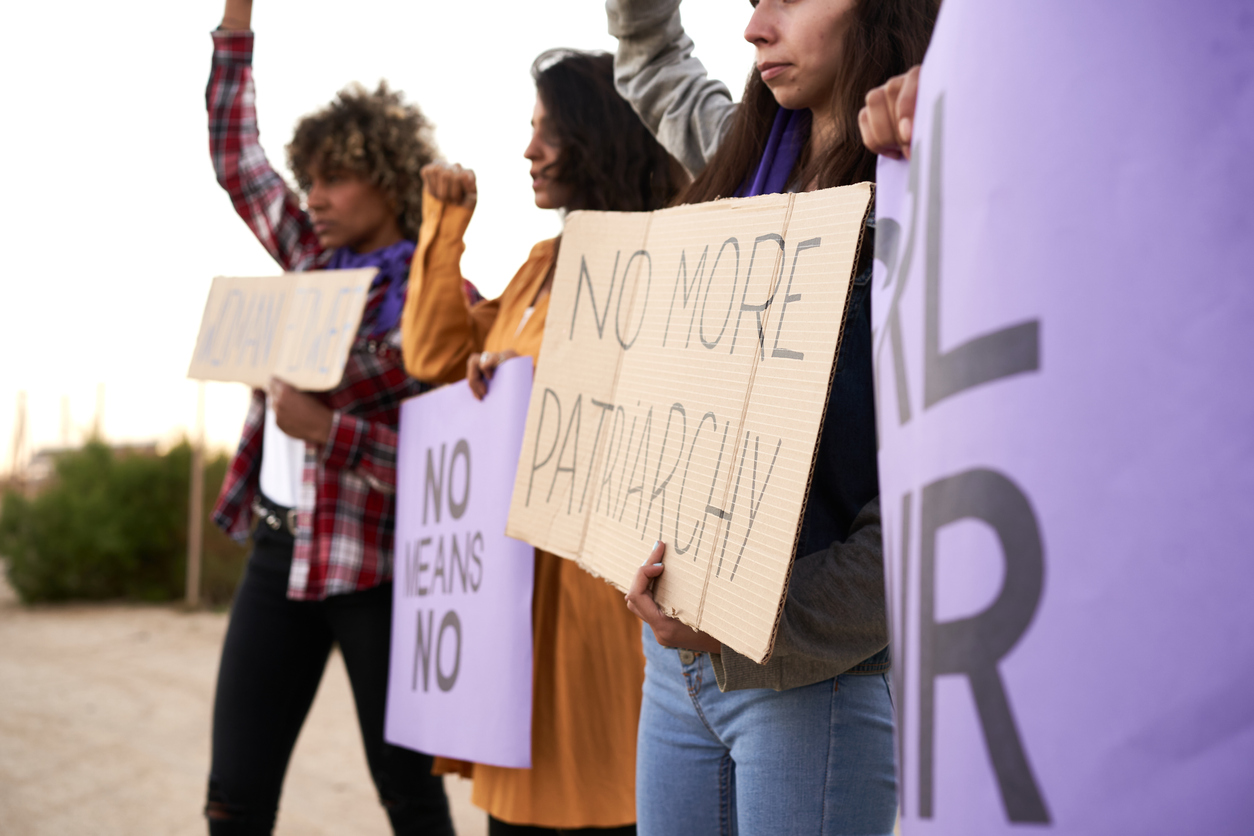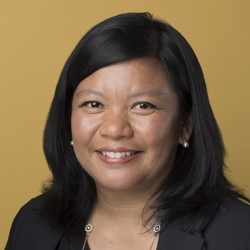With the federal administration set to end the use of public health law Title 42 as an expulsion tool to deny would-be asylum seekers entry into the United States (a policy deemed unconstitutional by a federal court late last year) tomorrow, it is widely expected that a significant number of individuals and families will enter the U.S. through the southern border in search of refuge. Therefore, GCIR is calling on philanthropy to resource immediate and long term responses to the humanitarian needs of migrants.
News
Primary tabs
In this edition, GCIR President Marissa Tirona speaks with Magaly Urdiales, Co-executive Director of the Western North Carolina Workers' Center. Read on as Magaly shares her insights on organizing workers in her region, the innovative strategies they use to identify campaign issues and effect the changes workers want to see, and the important role philanthropy can play in building immigrant worker power and leadership in rural areas.
What do we hope to accomplish? What will success look like? What will it take to get there? These are some of the questions I grapple with as GCIR’s Programs Learning Manager. My position is new, reflecting the organization’s commitment to proactive learning throughout our work. In a nutshell, I aim to support the team in building evaluative capacity, including through the design (and constant iteration) of ways of working that make it easy for people to engage meaningfully in learning processes.
To deepen and expand support for survivors, the Violence Against Women Act's (VAWA) most recent authorization provided more than $500 million in increased resources for survivors of violence, and, importantly, restored the ability of Indigenous courts to hold non-Indigenous individuals accountable for sexual assault. Last November, the Senate went a step further and voted to amend VAWA so that Indigenous Hawaiian survivors of gender-based violence also have access to programs and resources under the act, leaving them better equipped to keep themselves and their communities safe.
We’re here with issue #4 of the California Dignity for Families Fund (CDFF) Newsletter Series: Learning for Immigrant Justice. This month we’ll be spotlighting how to support BIPOC leadership of nonprofit organizations.
In this issue, we introduce the concept of holistic case management and explore how it can be a powerful tool for meeting the legal and humanitarian needs of migrants.
As I reflect on what brings me to this work, I am reminded that these roots run deep. As a Puerto Rican brought up in the United States, I was raised with an awareness of our nation’s history of colonialism and at times violent intervention in Latin America and beyond. I saw how the U.S. government had fought to ensure that the political and economic arrangements in Latin American countries suited its own interests, while then abdicating responsibility for the resulting destabilization.
In 2021, GCIR launched a process to develop a new strategy which reflects our evolution as a national philanthropic mobilizing organization that creates strategic opportunities to move money and power to immigrant and refugee communities. To that end, we asked the Luminare Group to design and facilitate a strategy development process that was inclusive, generative, and collaborative. It was important to us that we did not create this new framework in a vacuum, so we convened a dynamic group of movement leaders, funders, and experts whose perspectives are informed by varied experiences and roles within the social justice ecosystem.
We’re back with issue #2 of the CDFF Newsletter Series: Learning for Immigrant Justice. Today we’ll learn more about nonprofit organizations serving immigrant communities in rural California and explore why investing in rural communities is crucial.
In her final quarterly message of 2022, GCIR President Marissa Tirona shares her reflections and key takeaways from the midterm election results, including political wins for immigrants and refugees, communities of color, and working families across the nation. She also highlights upcoming GCIR programming that will help philanthropy gear up for the challenges and opportunities that lie ahead.





